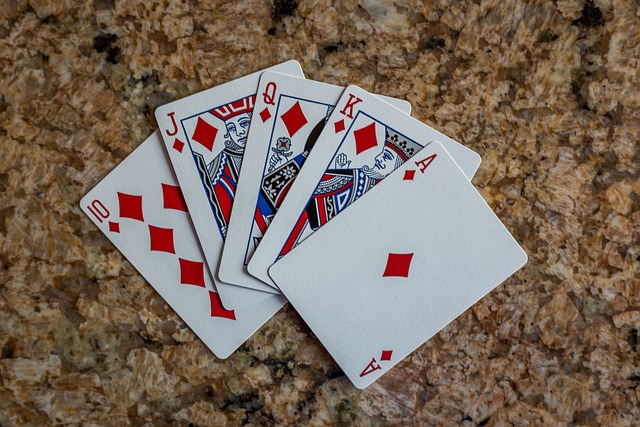Casinos, like betamo, have long enticed players with enticing perks, known as “comps,” to enhance their gaming experience and keep them coming back for more. From complimentary hotel stays and gourmet meals to exclusive event invitations and cashback offers, these player rewards play a significant role in shaping player behavior. However, behind the glitz and glamour lies a well-calculated economic strategy that casinos employ to maximize their profits. In this article, we delve into the intriguing economics of casino comps, exploring their true value and the intricate relationship between player rewards and the casino’s financial success.
The Purpose of Casino Comps
The primary objective of casino comps is to create a sense of loyalty and encourage repeat visits from players. By offering attractive incentives, casinos aim to establish a strong bond with their customers, fostering a preference for their establishment over competitors. Comps serve as a powerful marketing tool, enticing players to spend more time and money at the casino.
Analyzing the True Value of Player Rewards

While comps are enticing and alluring, they are far from being “free” for the casinos. Every comp given to a player has an associated cost, whether it’s the price of a hotel room, the cost of a meal, or the forgone revenue from giving cashback. Casinos meticulously analyze the potential return on investment (ROI) of each comp they provide. They weigh the cost of the reward against the increased player spending that they anticipate as a result of the comp.
Impact on Player Behavior
Casino comps have a profound impact on player behavior. When players receive rewards, they often feel a sense of reciprocity and loyalty towards the casino, leading them to spend more time and money at the establishment. The perception of receiving something for “free” can entice players to place larger bets or engage in riskier gameplay than they initially intended.
Moreover, comps can also influence player decision-making. Players may choose to visit a particular casino over another based on the value and frequency of comps offered. The allure of better rewards can shift the competitive landscape among casinos, driving them to continually enhance their comp programs to stay ahead in the market.
Strategic Implementation by Casinos

Casinos employ sophisticated tracking and analysis systems to identify high-value players and tailor comps accordingly. Players who frequent the casino, spend significant amounts, or exhibit consistent loyalty are more likely to receive generous rewards. This strategic allocation ensures that comps are given to players who are most likely to reciprocate with increased spending.
Furthermore, casinos often use comps strategically to manage player losses. When players experience a losing streak, comps can act as a consolation, encouraging them to stay longer and potentially turn their luck around. This can be a balancing act for the casino, as they must carefully gauge the appropriate level of comping to maintain profitability.
Casino comps are not merely tokens of appreciation; they are an integral part of a well-calculated economic strategy employed by casinos to attract and retain customers. By understanding the true value of player rewards and their impact on player behavior, casinos can strategically design comp programs that yield significant returns on investment. For players, taking advantage of comps can enhance their gaming experience and provide additional value for their time and money spent at the casino. As the industry evolves, the economics of casino comps will continue to shape the relationship between players and casinos, ensuring a dynamic and captivating gaming experience for all.
